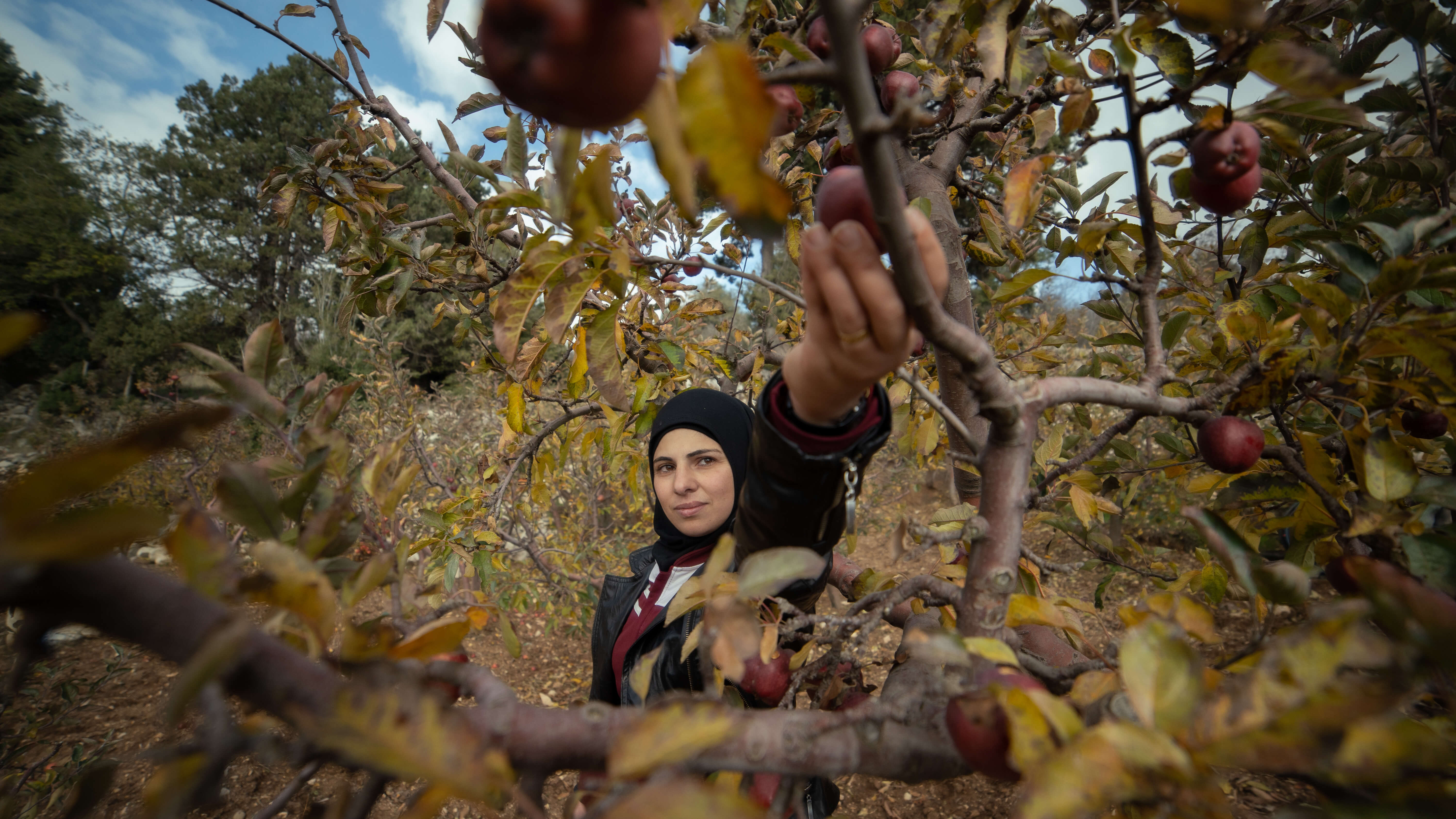In 2021, UN-Habitat and the Global Land Tool Network (GLTN) launched the regional Women and Land Campaign. The campaign, targeting a broad spectrum of stakeholders in the Arab region, is promoted by UN-Habitat as part of its mandate to achieve a better urban future for all, and by partners of the Stand for Her Land Campaign, including the World Bank, the International Land Coalition, Landesa and Habitat for Humanity.
Building on the regional campaign, the National Implementation of the Women and Land Campaign in Lebanon was launched in 2022 in partnership with the National Commission for Lebanese Women (NCLW).
The Lebanese Constitution protects the right to own land for both women and men but does not prohibit discrimination based on gender in the legislation. While women theoretically enjoy the right to own and use land, housing and property without discrimination, gender-based discrimination persists in the legislation as well as in practice.
In Lebanon, property laws dedicate the right to private ownership and use of property without discrimination, whereas for inheritance, the situation is different. Inheritance laws differ between religious communities and between individuals of different sects within the same community; this disparity in inheritance rights has resulted in compromising women’s housing, land and property (HLP) rights, and not guaranteeing them equality both in terms of the right to inherit and the share of inheritance.
In Lebanon, this campaign aims to raise awareness and initiate a multi-level dialogue about women’s HLP rights by raising awareness on the challenges faced by women in enjoying and accessing their HLP rights, empowering them to claim their rights and drawing the public’s attention on the importance of protecting women’s HLP rights and the vast impact this can have on the sustainable development and well-being of communities.
